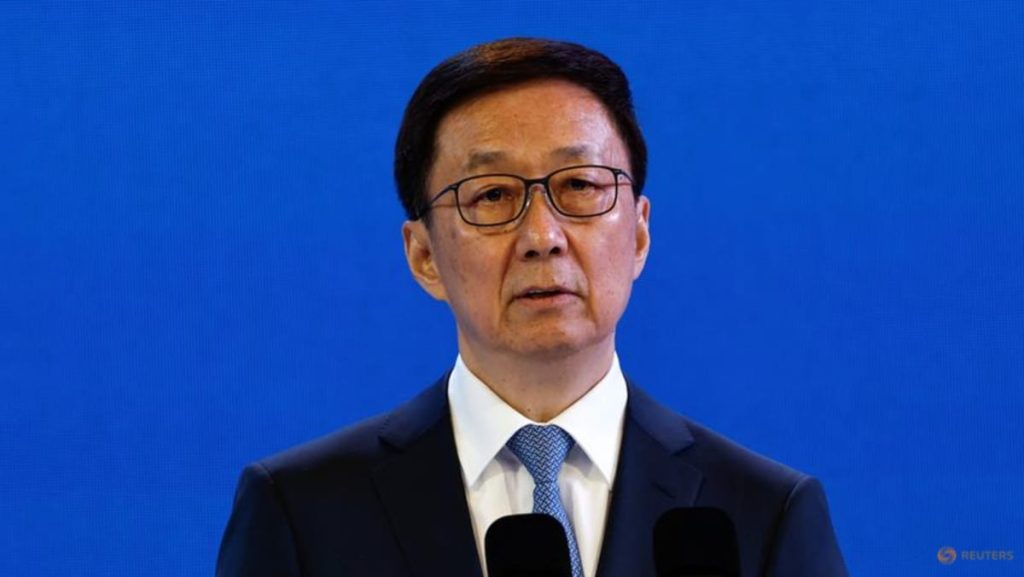Foreign businesses have been experiencing a complex situation in China due to conflicting signals from the government. Despite Chinese leaders publicly welcoming overseas investments, there has been a broader anti-espionage law, raids on consultancies and due diligence firms, and exit bans that have raised concerns among foreign investors. This has led to a nearly 20 per cent decrease in foreign investment flows into China in the first two months of the year, prompting companies to “de-risk” and consider shifting their supply chains and operations away from China.
The Invest China Summit, which took place after the China Development Forum and coincided with the Bo’ao Forum in Hainan, aimed to attract foreign investors and promote commercial diplomacy. The event saw the participation of several foreign CEOs, including those from petrochemicals giant Aramco, pharmaceutical firms Pfizer and AstraZeneca, biotechnology company Novonesis, and elevator and escalator manufacturer Otis. These CEOs expressed their support for the China market and highlighted their plans for expansion and investment in the country.
Pfizer CEO Albert Bourla shared that the company plans to submit 17 new drug or indication applications in China by the end of 2025. AstraZeneca’s CEO Pascal Soriot also outlined the firm’s expectations, stating that they anticipate about 100 medications and indications to be launched in China over the next five years. These announcements showcase the confidence that foreign companies have in the Chinese market and their commitment to expanding their presence in the country despite the challenges they may face.
Foreign businesses are navigating the changing landscape in China by balancing the opportunities for growth with the risks associated with increased government scrutiny and regulations. The crackdown on espionage-related activities, along with exit bans and raids on consultancies, has created a sense of uncertainty among foreign investors. However, the Chinese government has been actively engaging with foreign companies through events like the Invest China Summit to reassure them of the country’s commitment to attracting foreign investment and fostering a favorable business environment.
The participation of foreign CEOs in events like the Invest China Summit highlights the importance of the Chinese market for multinational companies. Despite the challenges and uncertainties, these companies are continuing to invest in China and expand their operations in the country. The announcements made by CEOs like Pfizer and AstraZeneca demonstrate their long-term commitment to the Chinese market and their confidence in the growth potential it offers. This reaffirms China’s position as a key player in the global economy and a strategic market for foreign businesses.
In conclusion, foreign businesses in China are facing a complex environment characterized by conflicting signals from the government, increased scrutiny, and regulatory challenges. The Invest China Summit served as a platform for foreign CEOs to engage with Chinese officials and showcase their commitment to the Chinese market. Despite the hurdles, companies like Pfizer, AstraZeneca, and others are actively investing in China and expanding their operations in the country. The announcements made at the summit reflect the confidence that foreign companies have in the Chinese market and their willingness to navigate the challenges in order to capitalize on the growth opportunities it offers.


